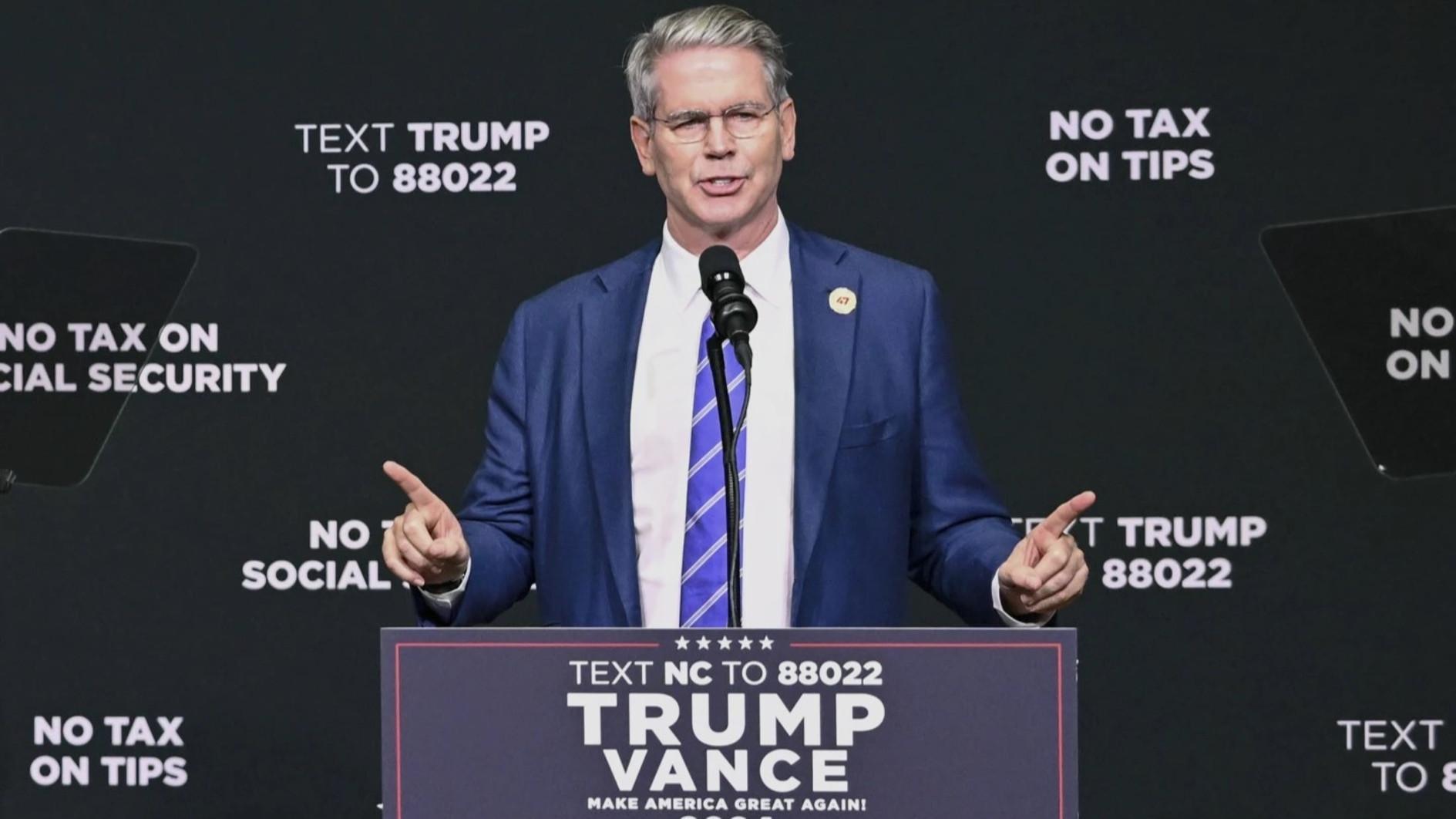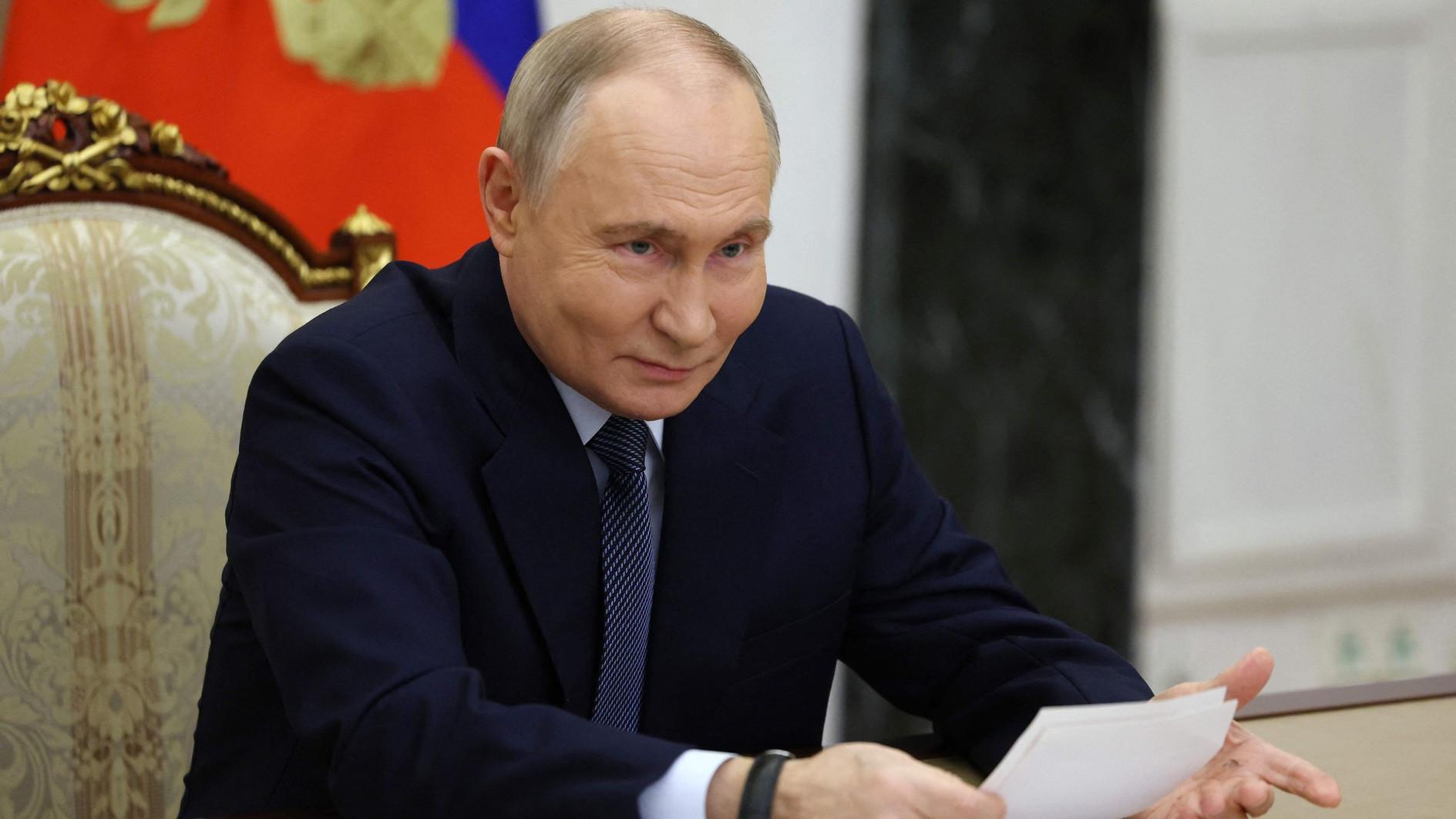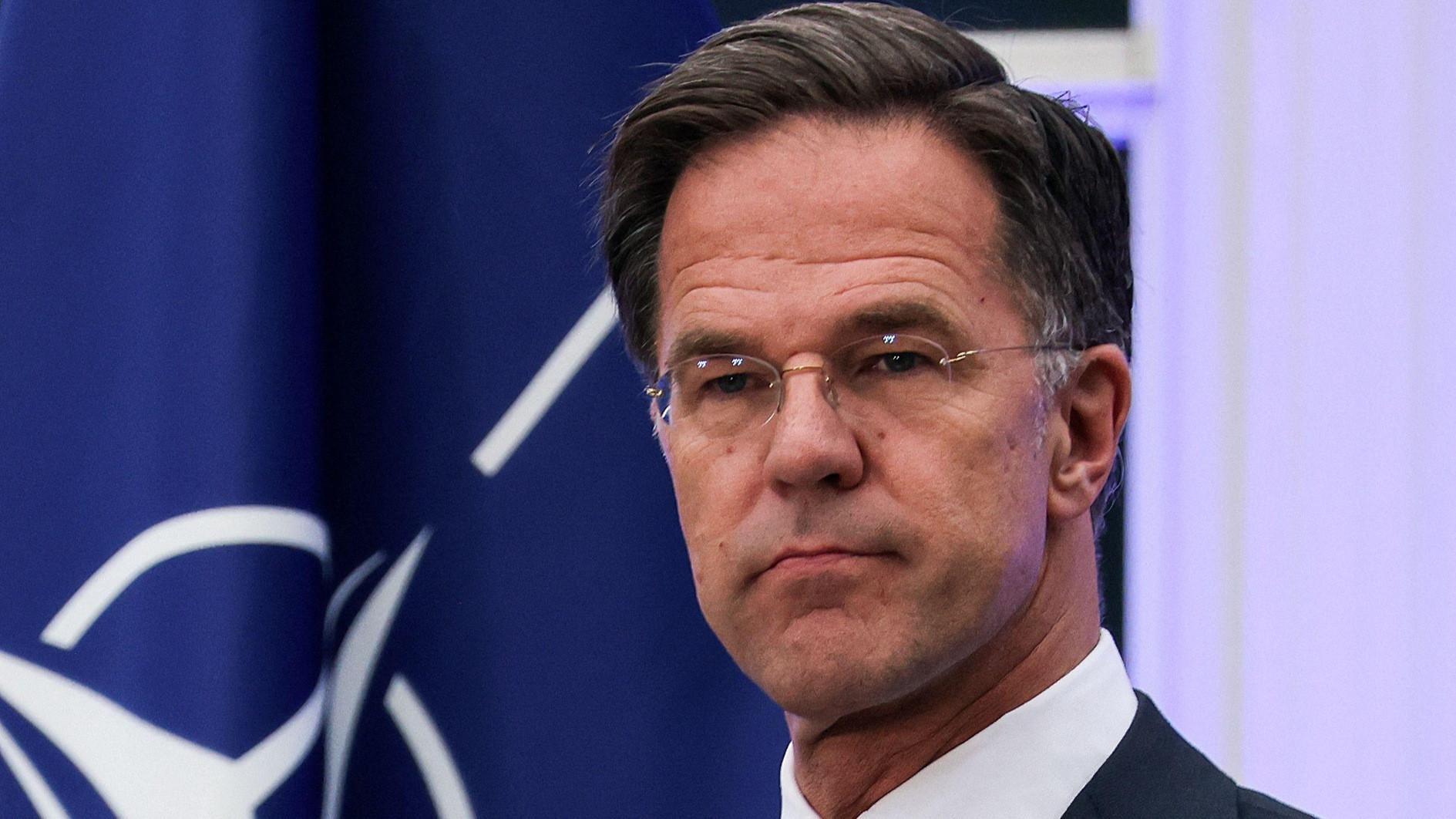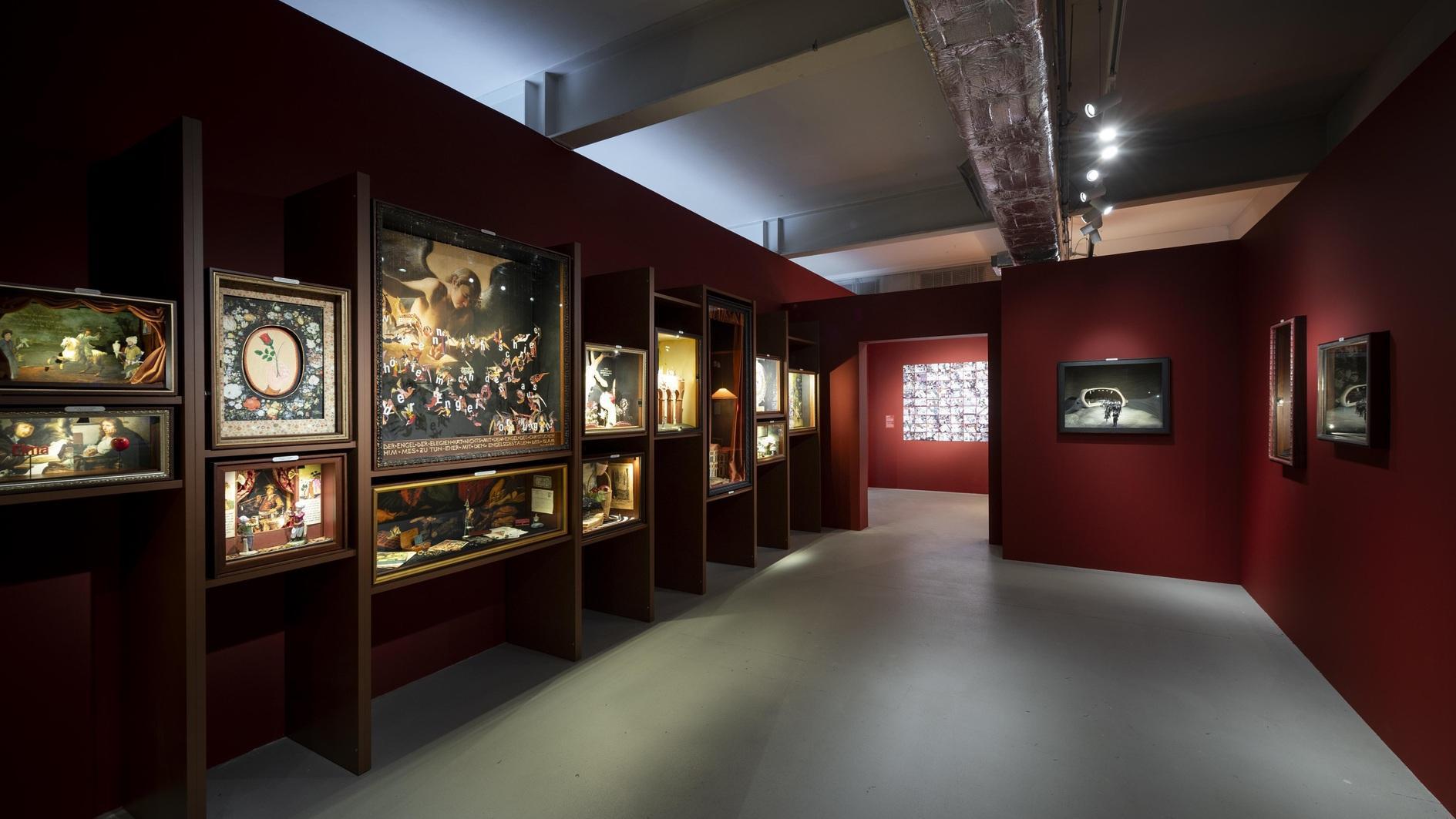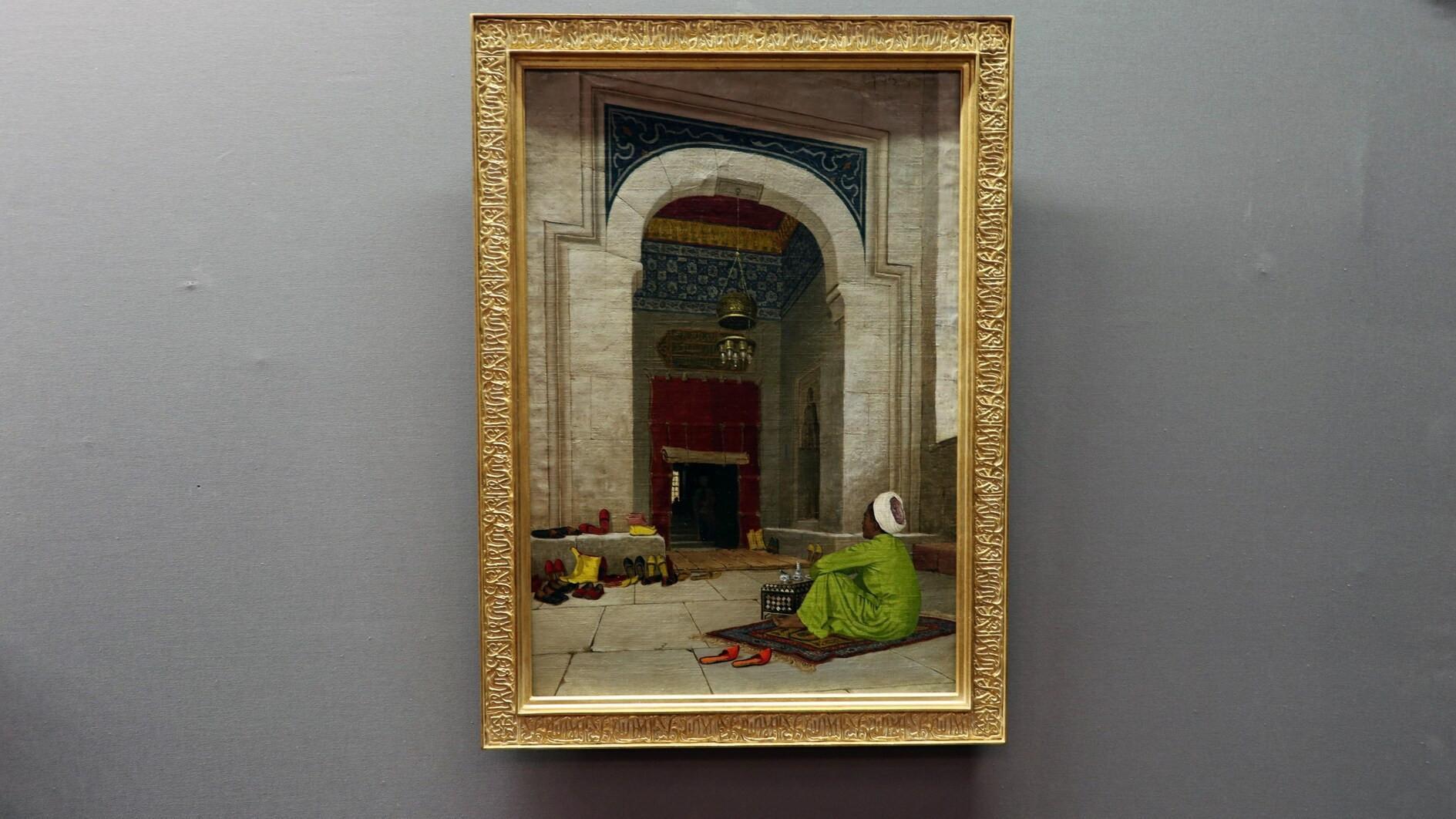The PKK question and Erdoğan’s tough choice
The agenda is changing with dizzying speed in Turkey, but there are unchangeable issues, like the Kurdistan Workers’ Party (PKK) question. Unfortunately, as winter ends, we all know that we will start talking about PKK violence soon.
For the first time in a while, family members tried to visit PKK leader Abdullah Öcalan on the island where he is serving his sentence. However, he refused to meet with his visitors and forwarded only a brief note. “The process is very fragile. It is not correct to meet at this stage. Everything is entangled. We will not meet.” Öcalan’s isolation, which has continued since last summer, has thus been extended further, but this time on his own accord.
When considering experiences after a summer of fierce conflict, Öcalan’s reaction, as well as the government’s in granting permission for this visit, bears different meanings. The question is: can Öcalan’s attitude be interpreted as simple “caprice,” and the government’s position as “retreat?” In order to answer those questions, first of all it is necessary to focus in on the reasons behind the decelerated fights.
The stats indicating seasonal distribution of PKK attacks since 1984 clearly demonstrates the restrictive effect of the winter on PKK actions. Generally, the rate of PKK attacks in the winter is around 10 percent of its summer total. It is 32 percent in spring.
According to official remarks, this year the PKK has not withdrawn to its safe heavens in northern Iraq as it did in the past. They were not all that successful in their recent attacks in city centers. As the winter comes to an end, the PKK and the government have started to increase the pace of their preparations for the summer. The government continues to put the members of the PKK’s “front” organization into jail. In reaction to anti-KCK operations, the PKK is not hiding its anger and is preparing for retaliation. This is a race under real tension and against the clock. Time is ticking.
Primarily, the government had two goals in giving permission to Öcalan’s brother for the visit. Firstly, it meant to indicate, shyly and indirectly, that there were new opportunities for proceedings, as it was in “old parley days.” In the meantime there is a “don’t worry about your leader” and “calm down the organization” message. But Öcalan refused to receive those signals. He turned the meeting into an opportunity to transmit his message of retaliation to his militants and thus put the government into a difficult position.
PKK commander Murat Karayılan, who received Öcalan’s message, declared that he would initiate actions in order to raise the bargaining chip. This is aimed at putting the government into a difficult situation before the public and forcing it to give further concessions. The PKK knows that following this with actions only directed at the police and the military is not possible. The only way to do this is to create a bloody intervention environment by getting civilians to pour onto the streets.
In the coming days, Prime Minister Recep Tayyip Erdoğan might be chivied into making a choice between images of disappearing state and government authority in the region, or images of bloody conflict in the streets.



